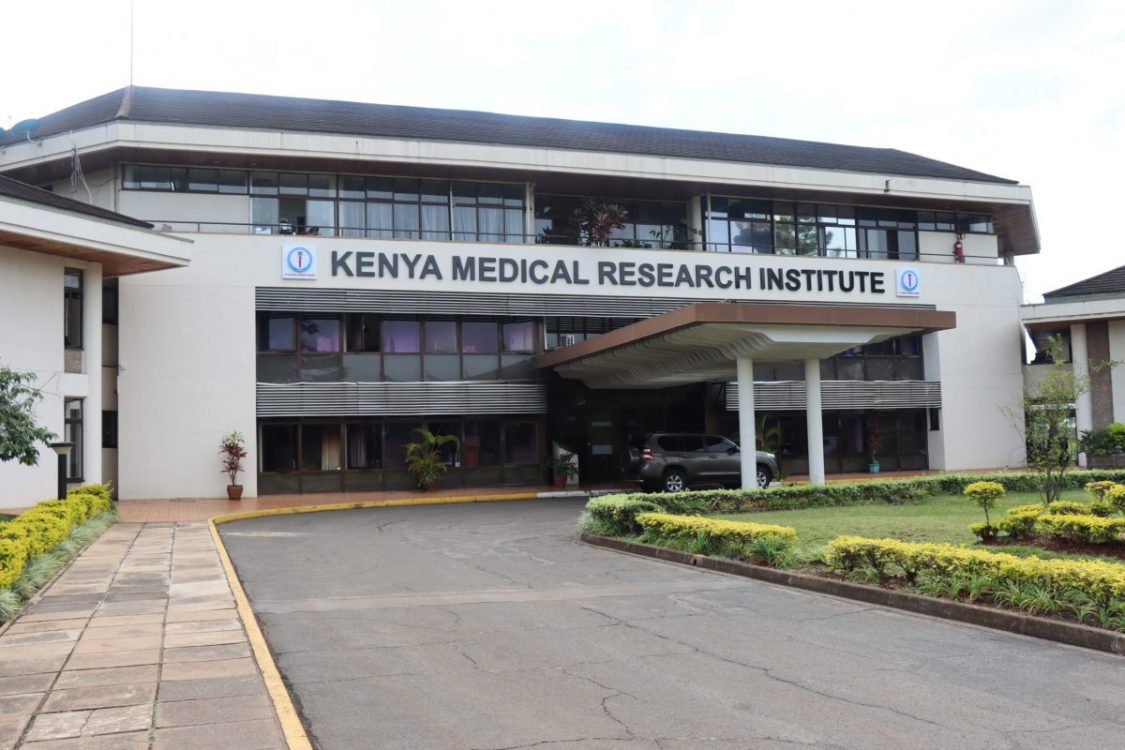Precision medicine to revolutionise cancer treatment

Kenya is set to make a major shift in cancer treatment with the unveiling of precision medicine by the Kenya Medical Research Institute (KEMRI).
This new development, introduced at the 15th KEMRI Annual Scientific and Health Conference (KASH), is poised to boost the country’s fight against non-communicable diseases through targeted therapy.
Cancer is the third leading cause of death in Kenya, after infectious and cardiovascular diseases.
The most common cancers in the country are breast, cervical, prostate and oesophagal. In 2023, Kenya had an estimated 39,000 new cancer cases each year. Experts say the use of precision medicine through targeted treatment promises much better outcomes.
Dr Helena Musau, a clinical oncologist and interim chair of The Kenya Society of Haematology and Oncology (KESHO) stressed the potential of precision medicine in transforming cancer care in the country.
“Traditionally, we’ve used a one-size-fits-all approach to treatment. however, people respond to medication differently Precision medicine allows us to tailor treatments based on an individual’s genetic makeup, environment, and other factors that influence their response to care.”
Kenya, like many low- and middle-income countries, has faced significant challenges in cancer treatment.
Most available data and treatments are designed for Western populations, leaving African patients reliant on medications that may not be tailored to their genetic makeup.
This mismatch leads to sub-optimal treatment outcomes and precision medicine seeks to remedy that by improving drug efficacy, reducing side effects, and ultimately increasing survival rates.
“Many patients return to hospitals repeatedly because standard treatments do not work for them. In chemotherapy, for example, most of the drugs used are tested in Western populations and are not necessarily tailored to African genetic profiles.” Dr Musau ex-plained adding that the initiative now positions the country as a leader in advanced medical research.














